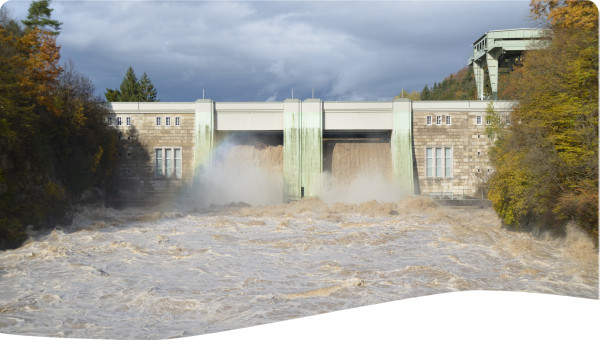Evident mismatches exist between the demand and supply of water in many countries particularly in the semi-arid and arid worlds. The resulting food gaps which concern both the national governments of these countries as well as the international agencies which extend assistance to them, appear at first sight to pose challenges beyond the economic and political capacity of peoples and institutions to make the necessary adjustments. The institutions with responsibility for the allocation and planning of water use at international, national and local levels do not seem to be robust enough, or informed enough, to provide the necessary leadership to ensure that scarce water is used sustainably.
It will be argued that despite the great difficulties which governments and users face in coping with the need to manage water so that it brings a sound return, as well as according to principles of equity, safety, and ecological sustainability, everywhere there are examples of conflict over water being avoided. And while the avoidance of conflict can in many cases be calculated to have been at a cost to the environment, nevertheless, to date conflict of a hot nature has been avoided. Case studies from a region seen to have the worst water resource future outside the industrialised world, the Middle East and North Africa, will be discussed which exemplify the numerous strategies adopted by countries in their various ecological, economic and political circumstances. A fortunate few governments have substituted oil capital for water while others have filled the food gap, which is generally an expression of the water gap, by ceding economic and political autonomy.
 Resource -
Resource -
